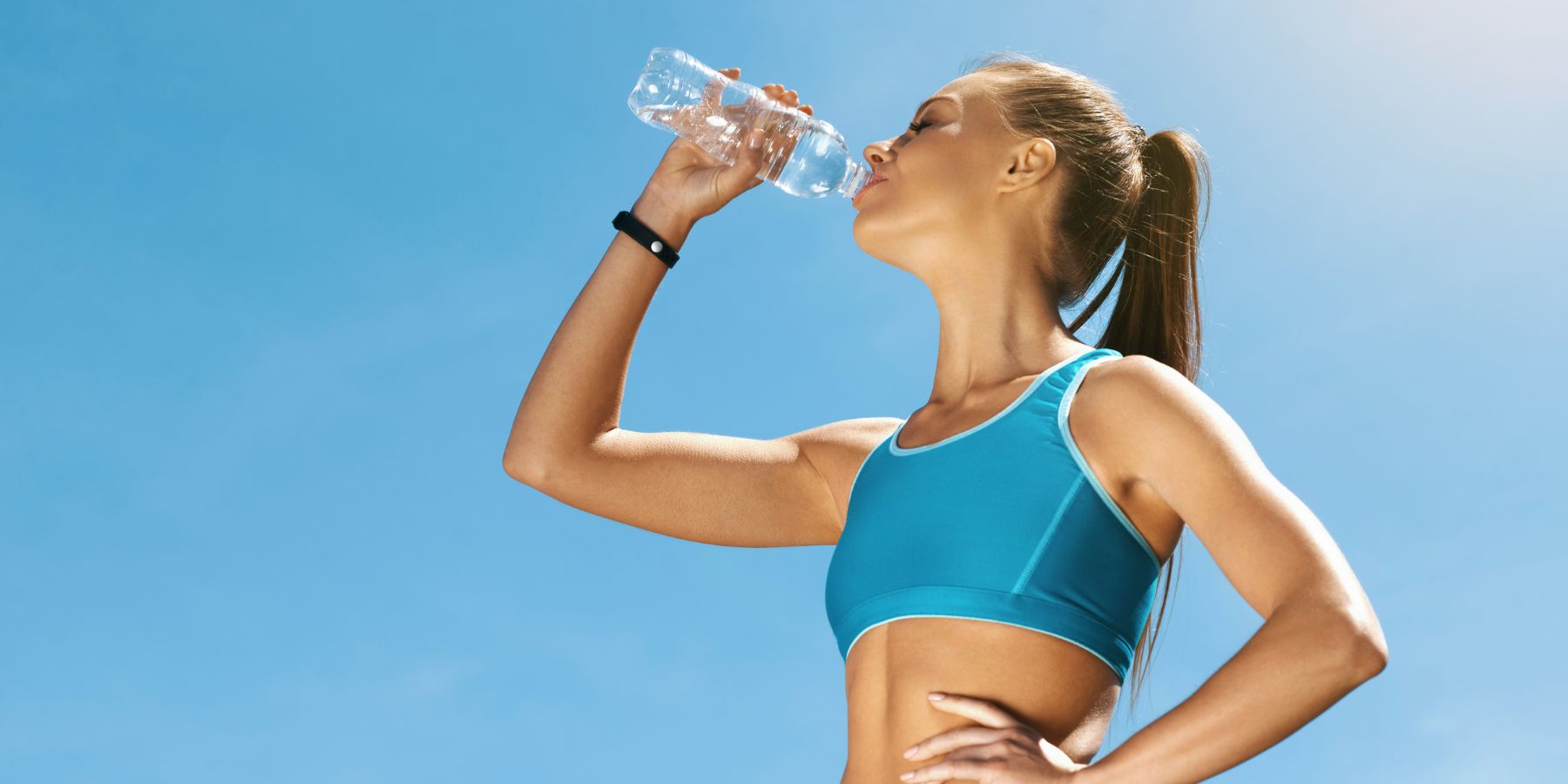Staying hydrated is crucial for your health, especially during exercise. But how much water should you drink during workouts? This article will guide you through understanding your hydration needs while exercising.
Understanding Hydration and Exercise
When you exercise, your body heats up, and you lose water through sweat. Drinking water helps to regulate your body temperature, keeps joints lubricated, and helps transport nutrients to give you energy. If you're not properly hydrated, your body can't perform at its highest level. You might feel tired, have muscle cramps, dizziness, or other serious symptoms.
How Much Water Do You Need?
The amount of water you need during a workout can vary based on several factors like the intensity of the exercise, the climate, your age, gender, and weight. A common question is, "How much is 2 liters of water?" To put it into perspective, 2 liters is about the same as eight 8-ounce glasses of water. For moderate exercise, this might be enough for the day. However, during a workout, you might need more.
Hydration Before Exercise
Hydration should start before you begin exercising. Drink about 17 to 20 ounces of water two to three hours before your workout, and another 8 ounces 20 to 30 minutes before you start.
During the Workout
During exercise, aim to drink 7 to 10 ounces of water every 10 to 20 minutes. This will help you maintain hydration without overdoing it. The key is to drink before you feel thirsty – by the time you feel thirsty, you're already slightly dehydrated.
After Exercise
Post-exercise, you should rehydrate. If your workout was intense or lasted more than an hour, consider a sports drink with electrolytes. Drink 16 to 24 ounces of water for every pound of body weight lost during the workout.
Signs of Dehydration
Dehydration can be serious. Signs to watch for include:
Thirst
Dry mouth
Fatigue or weakness
Decreased urine output or dark yellow urine
Headache
Dizziness or lightheadedness
Overhydration
While not as common as dehydration, overhydration, or hyponatremia, can also be a concern, especially during long or intense workouts. It happens when you drink too much water and dilute the sodium in your blood. Symptoms can include nausea, vomiting, headache, and in severe cases, confusion or seizures.
FAQ Section
Q: What role do sports drinks play in hydration during exercise?
A: Sports drinks can be helpful for long-duration exercises as they replenish electrolytes lost through sweat.
Q: Can I drink too much water during a workout?
A: Yes, drinking too much water can lead to overhydration. It's important to drink according to your thirst and exercise intensity.
Q: How does the weather affect my hydration needs during exercise?
A: In hot or humid weather, you may need to drink more water to compensate for increased sweating.
Q: Are there differences in hydration needs for different types of exercises?
A: Yes, activities like high-intensity interval training or long-distance running may require more frequent hydration than less intense exercises.
Q: How can I tell if I'm well-hydrated?
A: Clear or light yellow urine is a good indicator of proper hydration. Also, if you're not feeling thirsty and have regular urine output, you're likely well-hydrated.
In conclusion, staying hydrated is a key part of any exercise regimen. Understanding your body's needs and responding appropriately can help you maintain optimal hydration levels for better performance and health. Remember, the best strategy is to listen to your body and adjust your water intake based on the intensity and duration of your workout, as well as external factors like the weather.


